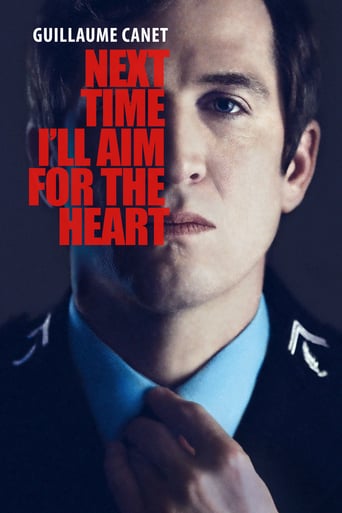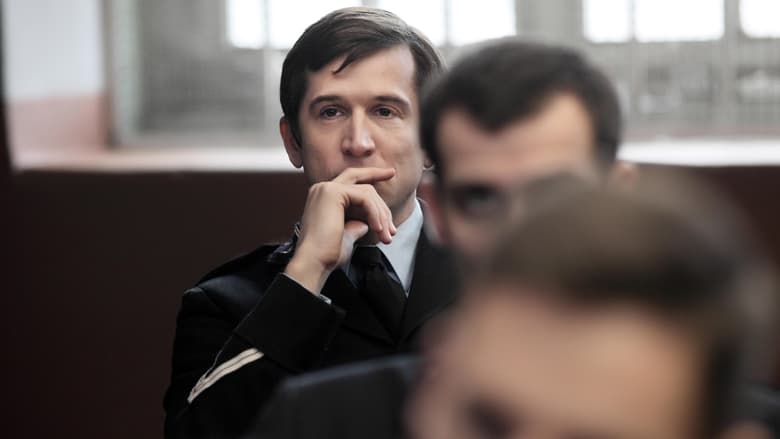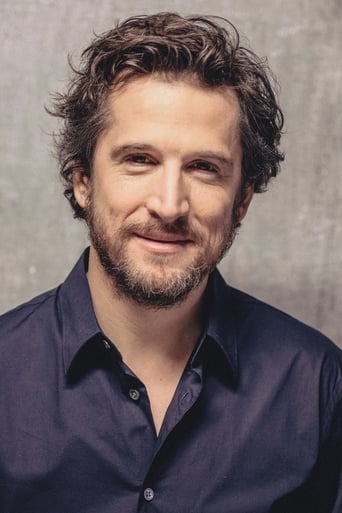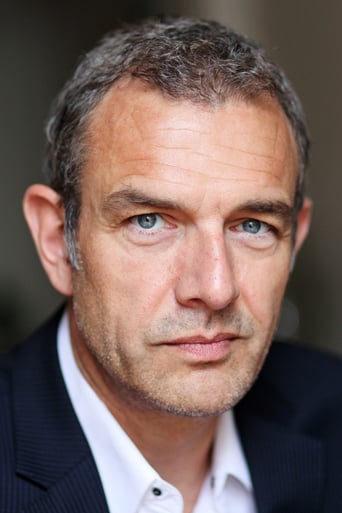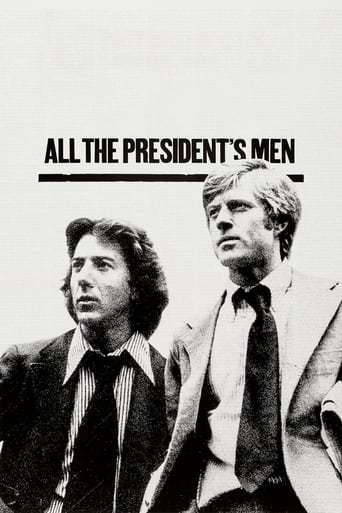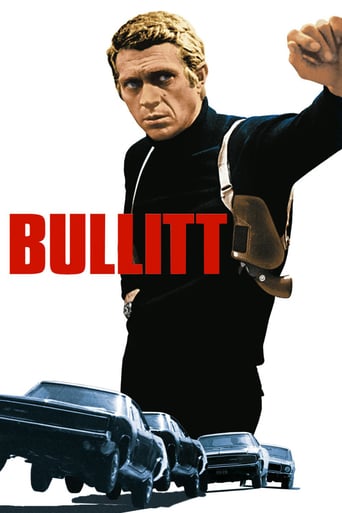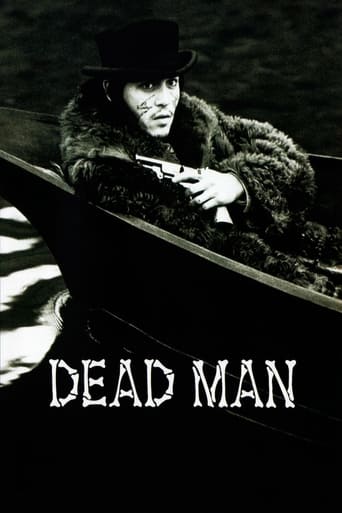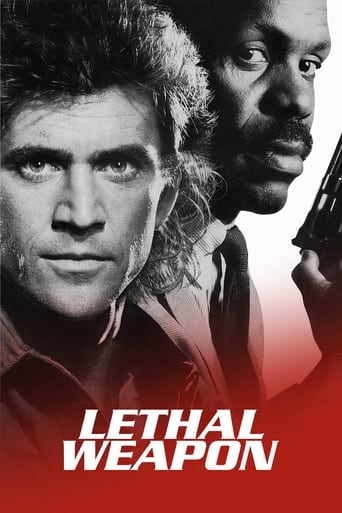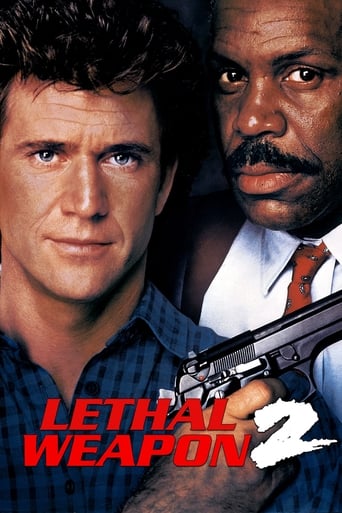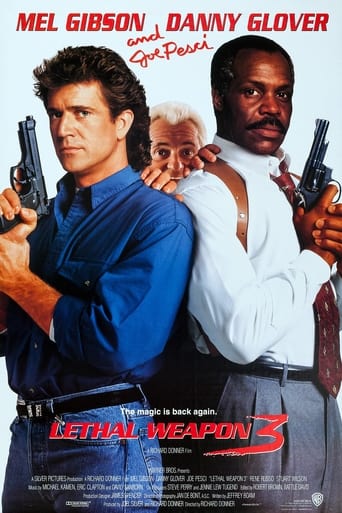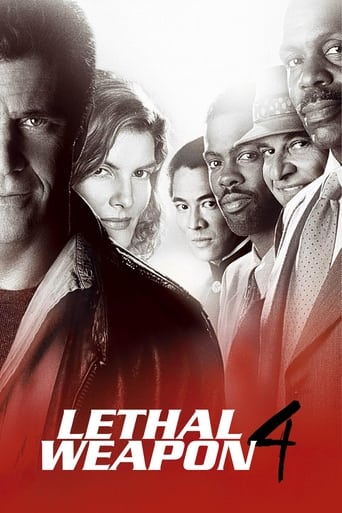Next Time I'll Aim for the Heart (2014)
Between 1978 and 1979, the inhabitants of the Oise are in fear of a maniac who kills several hitchhikers and escape the police. He was then dubbed "the killer of the Oise" is actually a shy young policeman who will investigate his own murder, only to lose control of the situation.
Watch Trailer
Cast
Similar titles

Reviews
Let's be realistic.
It was OK. I don't see why everyone loves it so much. It wasn't very smart or deep or well-directed.
Yo, there's no way for me to review this film without saying, take your *insert ethnicity + "ass" here* to see this film,like now. You have to see it in order to know what you're really messing with.
A terrific literary drama and character piece that shows how the process of creating art can be seen differently by those doing it and those looking at it from the outside.
This French serial killer movie is based on fact but an intertitle at the start tells us that it is also a work of 'imagination'. It's the kind of film the Americans do better but it has a clammy quality nevertheless and revealing the killer in the opening minutes actually adds to the tension and it's well acted and it's well directed by Cedric Anger. For reasons that will become clear very early on it concentrates very much on the police investigation while at the same time giving us a good, detailed psychological portrait of the killer. Unfortunately the film doesn't appear to have had much of a distribution so it's very possible it passed you by.
Quite a sober, depressing and eerie account of a true tale (different names and some details, though) about a serial killer (he got caught pretty early on, but until then it seems he was only warming up), in which the viewer mostly just follows the main character's actions; a frustrated young man who works as a policeman whose history is mostly unclear, but there are little hints about his utter frustrations and how "his sensitive side was destroyed by a careless society" (or words to that effect), as he himself states at some point in the film.It will be difficult, if not impossible, to prove that the aforementioned details were exactly as in the Alain Lamare case, but the film easily succeeds in presenting a haunting portrait of a man gone completely crazy, but at the same time shows a lot of restraint, has the perfect cover, is quite intelligent and physically apt. Though I will readily admit he made a silly mistake by leaving his fingerprints on those car plates - which is how he got caught.Guillaume Canet plays Franck Neuhart with much conviction, but really, none of the cast members fail; Ana Girardot, as the burdened woman who unwittingly strikes up a relationship with Franck, deserves a special mention as well. The atmosphere and cinematography are appropriately depressing (almost to point of being dreamlike, which reflects the strange state in which Franck is in), in which the beautiful countryside of France - mostly filmed at night, or when it rains or it is misty - helps a lot.9 out of 10.
French screenwriter and director Cédric Anger's third feature film which he wrote, is inspired by real events which took place in l'Oise, Picardie in France in the late 1970 and an adaptation of a novel from 2001 by a French journalist and author named Yvan Stefanovitch and a French journalist named Martine Laroche-Joubert. It premiered in France, was shot on locations in France and is a French production which was produced by producers Alain Attal and Anne Rapczyk. It tells the story about a police officer. Distinctly and subtly directed by French filmmaker Cédric Anger, this quietly paced and somewhat fictional tale which is narrated mostly from the protagonist's point of view, draws a psychologically reflective portrayal of a twenty-two-year-old son whom whilst in the midst of a murder investigation befriends a person named Sophie. While notable for its atmospheric milieu depictions and reverent cinematography by cinematographer Thomas Hardmeier, this character- driven story about French police history which was made more than a century after a French thinker with the birth name Marie Gouze wrote: "Women, wake up; the tocsin of reason sounds throughout the universe, recognize your rights." a social club called Amis de la Verité or Society of the Friends of Truth was introduced in France, legal equality was ascribed to the Jewish people of France, the United Kingdom of Great Britain and Ireland passed the Roman Catholic Relief Act 1829, a French journalist named Julie Victoire Daubiè (1824-1874) graduated from a French University and women were permitted to obtain medical degrees, an English writer named Mary Corinna Putnam Jacobi (1842-1906) was admitted as a student in the Faculty of Medicine department at the Sorbonne (1150-1970) and a Scottish advocate for women's education named Mary Maclean Crudelius (1839-1877) and a Commander of the Order of the British Empire named Dame Sarah Elizabeth Siddons Mair (1846-1941) founded Edinburgh Association for the Education of Women (1867-1892), depicts a cinematically literary study of character.Made more than a century after an English theorist with the initials J.S.M. wrote: "I find it presumption in anyone to pretend to decide what women are or are not, can or cannot be, by natural constitution." an English teacher named Sarah Emily Davis (1830- 1921) became Mistress of Girton College, Cambridge University in England, a French physician named Madeleine Près (1839-1925) attained a doctorate in medicine, an English doctor of medicine named Elizabeth Garrett Anderson (1836- 1917) opened her own practice in London, England, achieved a medical degree at the University of Paris and was elected as Mayor in England, a German author from Königsberg, Prussia named Henriette Arendt (1874-1922) became a police officer, a civil law enforcement agency which was founded in the early 19th century by a French police officer named Eugène François Vidocq (1775-1857) changed its name to National Police, an autonomous public institution in France called University Paris VIII was founded, women were allowed admittance at a public institution of higher education and research in the commune of Palaiseau in Paris, France called École Polytechnique, a twenty-five-year-old French Commandant named Caroline Aigle (1974-2007) became a fighter pilot in the French Air Force and an American singer with the surname Merchant sang her lyrics: "Doctors have come from distant cities just to see me - - stand over my bed ... what they're " contains a great and timely score by composer Grégoire Hetzel.This momentarily humane and grave retelling which is set in France in the late 20th century and where a French man of the law named Alain Lamare is completely preoccupied with gaining a promotion and daughters are disappearing one by one, is impelled and reinforced by its cogent narrative structure, subtle character development, rhythmic continuity, scenes with Sophie, the reverent acting performance by French actor, screenwriter and director Guillaume Canet and the efficiently understated acting performance by French actress Ana Girardot. A darkly concentrated narrative feature.
NEXT TIME I AIM HEART is the perfect example of what could have been a very good movie: one emphasize at first the narrative pulled by a "true story" then one tells the tale with showing the murders with the at least strange behavior of the killer, a french cop in real life - military side. Exactly thus like a TV documentary which does not possess a point of view, the director tells everything whereas the spectator's guessing facts...What then ? Why this movie would be better that any rag paper as" The New Detective? There is, regrettably, no reason for it because the mechanism of the pathos is played with the regularity of a Swiss clock of one vulgar funny gag of Naked Gun's movie. Not to mention the music which is only re-underlining the drama of the story, in case to we would have understood nothing at all !Nevertheless in spite of these heavy and dumb brass instruments, the performance of Canet is rather good, and does not suffer by any lack of realism, as well as some ones wrote it in the press critics. And then some sequences add curiously to the suspense of the movie climax - for example the scene of pursuit in Peugeot 604. Nevertheless the movie quotes in forest are worth the manual of a perfect boy scout, but on the other hand, are suffering from giant clichés but hold more or less the road, especially if you have already read Baden Powell back in your life: easy to understand, it is all quite black or all quite white exactly like a suburban sky.So, cut off the sound and you'll be feeling in the end watching yourself a giallo more or less made in the 70's, sent only straight to video. And I know what I'm talking about...
